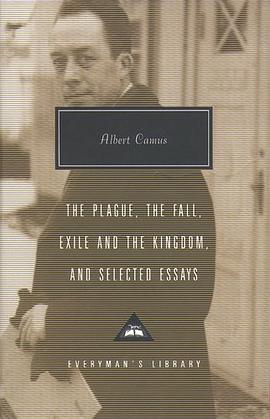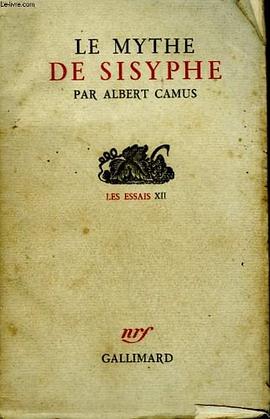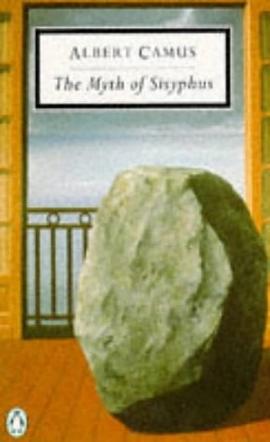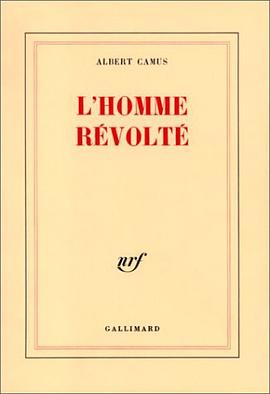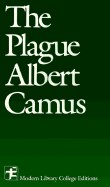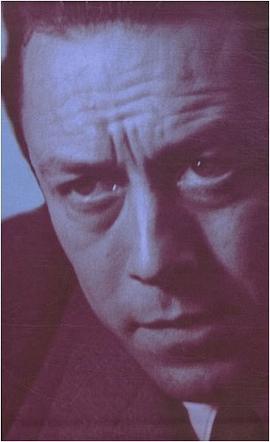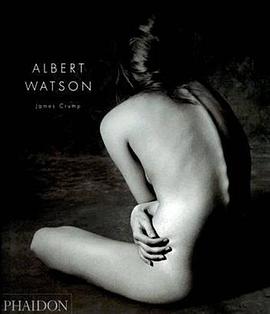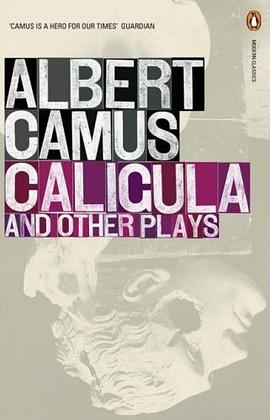

具體描述
"Caligula" reveals some aspects of the existential notion of the absurd' by portraying an emperor so mighty and so desperate in his search for freedom that he inevitably destroys gods, men and himself. The dramatic impetus of "Cross Purpose", however, comes from the tension between consent to and refusal of man's absurdity; it is the tragedy of a man who returns home to his mother and sister without revealing his identity to them. By the time of "The Just" and "The Possessed", refusal and rebellion have taken over, and in these overtly political plays (the latter based on Dostoyevsky's "The Devils") Camus dramatizes action and revolt in the name of liberty.
著者簡介
圖書目錄
讀後感
評分
評分
評分
評分
用戶評價
相關圖書
本站所有內容均為互聯網搜索引擎提供的公開搜索信息,本站不存儲任何數據與內容,任何內容與數據均與本站無關,如有需要請聯繫相關搜索引擎包括但不限於百度,google,bing,sogou 等
© 2025 book.quotespace.org All Rights Reserved. 小美書屋 版权所有


